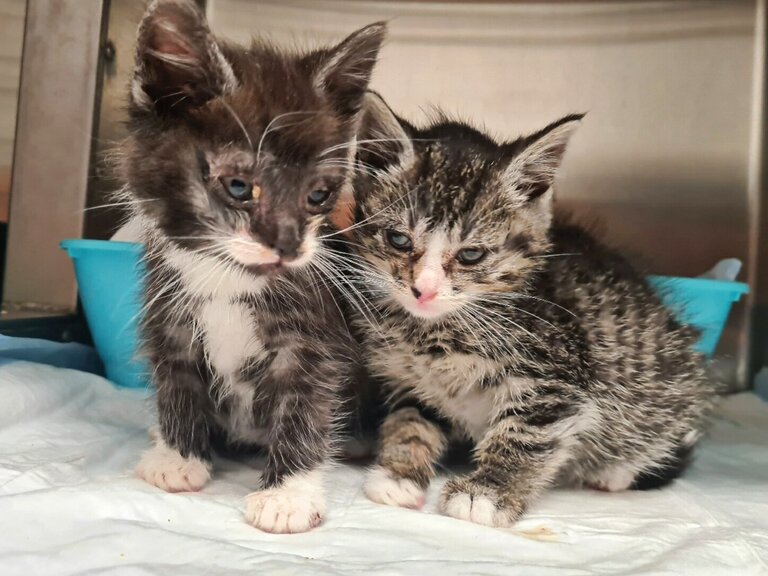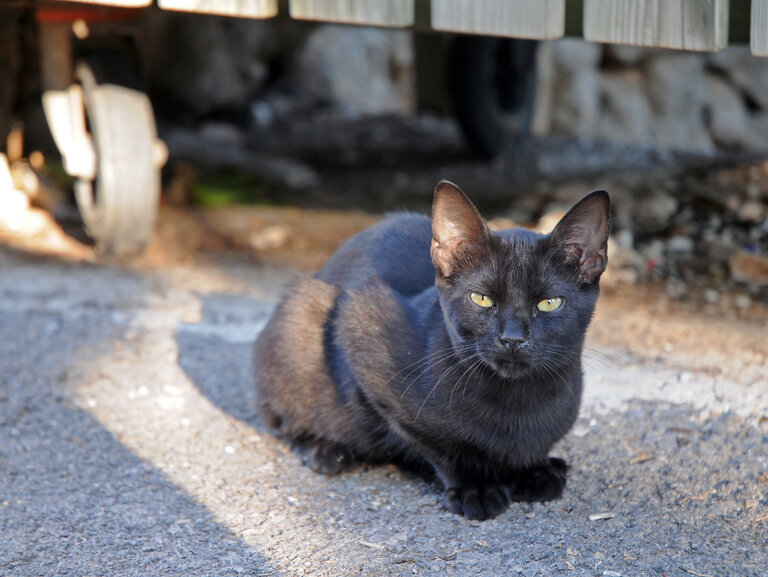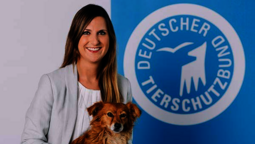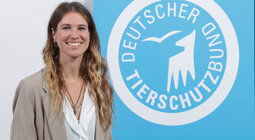The cat neutering campaign in Schleswig-Holstein, financially supported by the German Animal Welfare Federation and its Schleswig-Holstein regional federation, has ended prematurely after just two days. The state veterinary association, which is organizing the campaign, fears that it will slip into a financial deficit. The campaign was originally scheduled to run until October 20. For cost reasons, the duration of the campaign had already been shortened by two weeks compared to previous campaigns. The German Animal Welfare Federation and its state federation are calling for more support from the state of Schleswig-Holstein and the state veterinary association to ensure that the successful castration campaigns have a future.
"After the Schleswig-Holstein state parliament rejected a state-wide cat protection ordinance with the government majority, the current cat neutering campaign has now also failed. The animal welfare activists in the state, who are stretched to their financial and personnel limits to help street cats despite the already dramatic situation in animal shelters, are being left in the lurch. The state must significantly increase its contribution for the planned campaigns in 2024 - to at least 200,000 euros. The state veterinary association must also provide more support." Ellen Kloth, Chairwoman of the Schleswig-Holstein branch of the German Animal Welfare Federation, commented. Thomas Schröder, President of the German Animal Welfare Federation, adds: "The suffering of street cats is man-made. The Basic Law, the German constitution, the highest German legal basis clearly postulates that the state must protect animals. Nevertheless, there is still a lack of nationwide regulation for cat protection and too little is happening at state level. Schleswig-Holstein has set a good example with its large-scale castration campaigns. But what has happened recently is no longer acceptable. First the state-wide neutering obligation for outdoor cats is dismissed as "bureaucratic madness" and now the neutering campaign is being stopped before it has really started."
LOCAL ANIMAL WELFARE ORGANIZATIONS WANT TO CONTINUE THE NEUTERING CAMPAIGN INDEPENDENTLY
Animal welfare organizations and animal shelters in Schleswig-Holstein must now decide whether they will bear the costs themselves for the street cats that have not yet been neutered or let the cats run free again without being neutered - with the result that they will continue to multiply uncontrollably. Associations such as Tierschutz Mölln have already decided to continue the neutering campaign in their catchment area at their own expense in order to combat the suffering of the cats and to avoid being faced with another "cat glut" next spring. However, the local animal welfare associations and animal shelters are dependent on donations from animal-loving people for their work and for neutering the street cats.
Background: At least 50,000, more likely 75,000 street cats live in Schleswig-Holstein. Neutering campaigns, which are organized by the state veterinary association and financially supported by the state of Schleswig-Holstein as well as the German Animal Welfare Federation and its state federation, aim to reduce the population size and thus the suffering of the animals. Since the project started in 2014, around 26,400 street cats have been neutered in 15 campaigns. The German Animal Welfare Federation and its Schleswig-Holstein regional federation increased their grant in 2023 due to the rise in veterinary costs: The federations contributed a total of 20,000 euros.
Note to editors: As part of its "Every cat's life counts" campaign, the German Animal Welfare Federation provides information about the suffering of street cats and the importance of neutering: www.jetzt-katzen-helfen.de. The recently published "Big Cat Protection Report" by the German Animal Welfare Federation shows that cat suffering has become one of the biggest unnoticed animal welfare problems in Germany in recent years: www.jetzt-katzen-helfen.de/report








